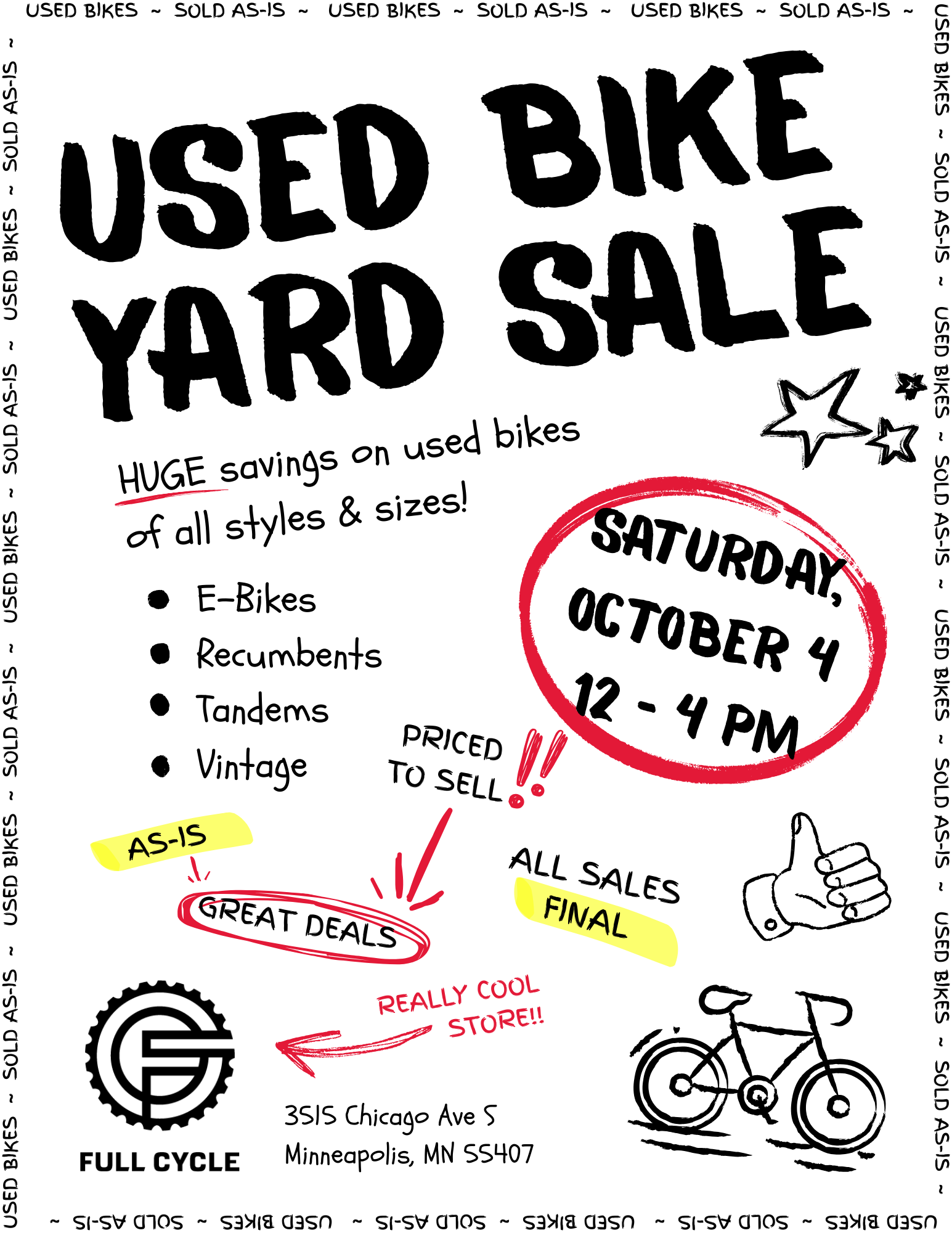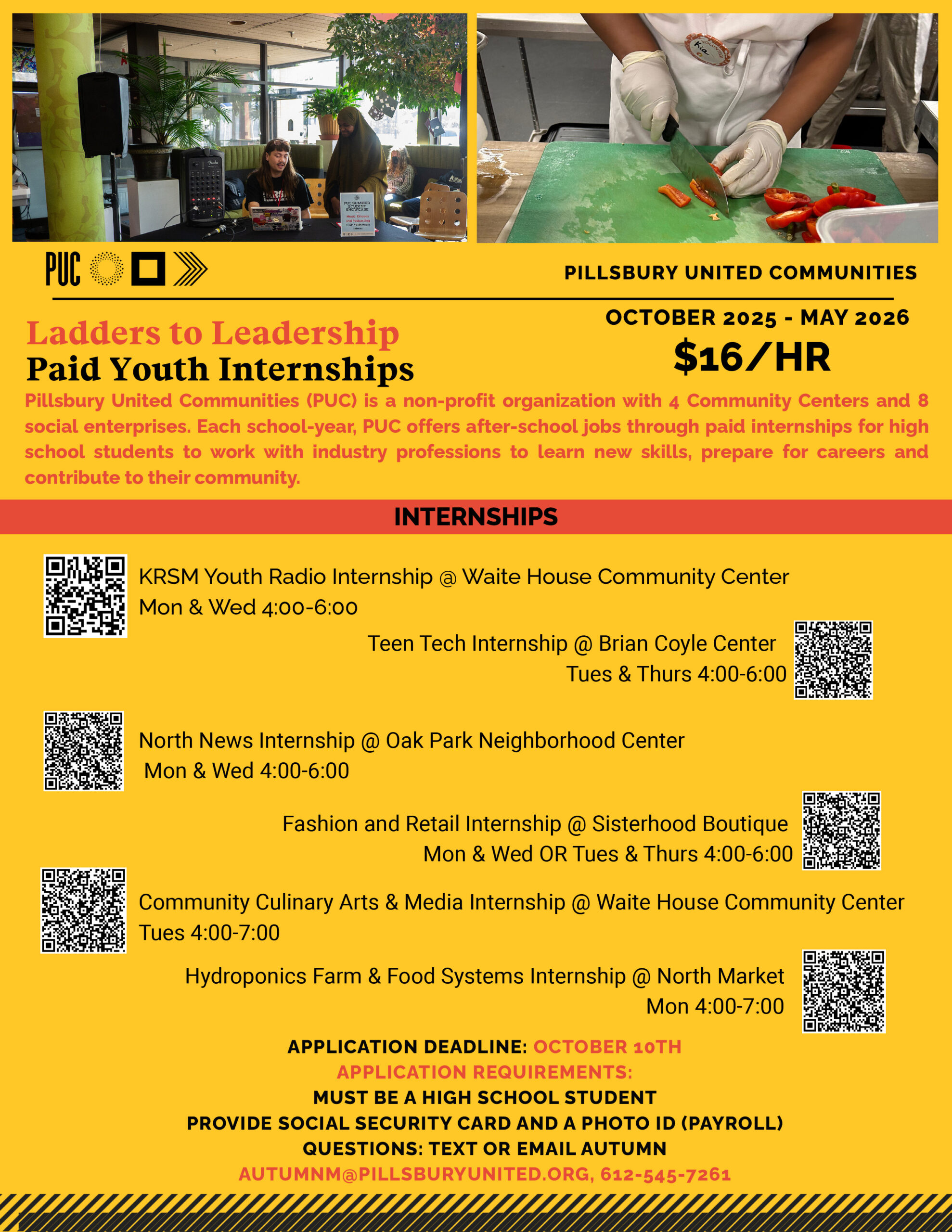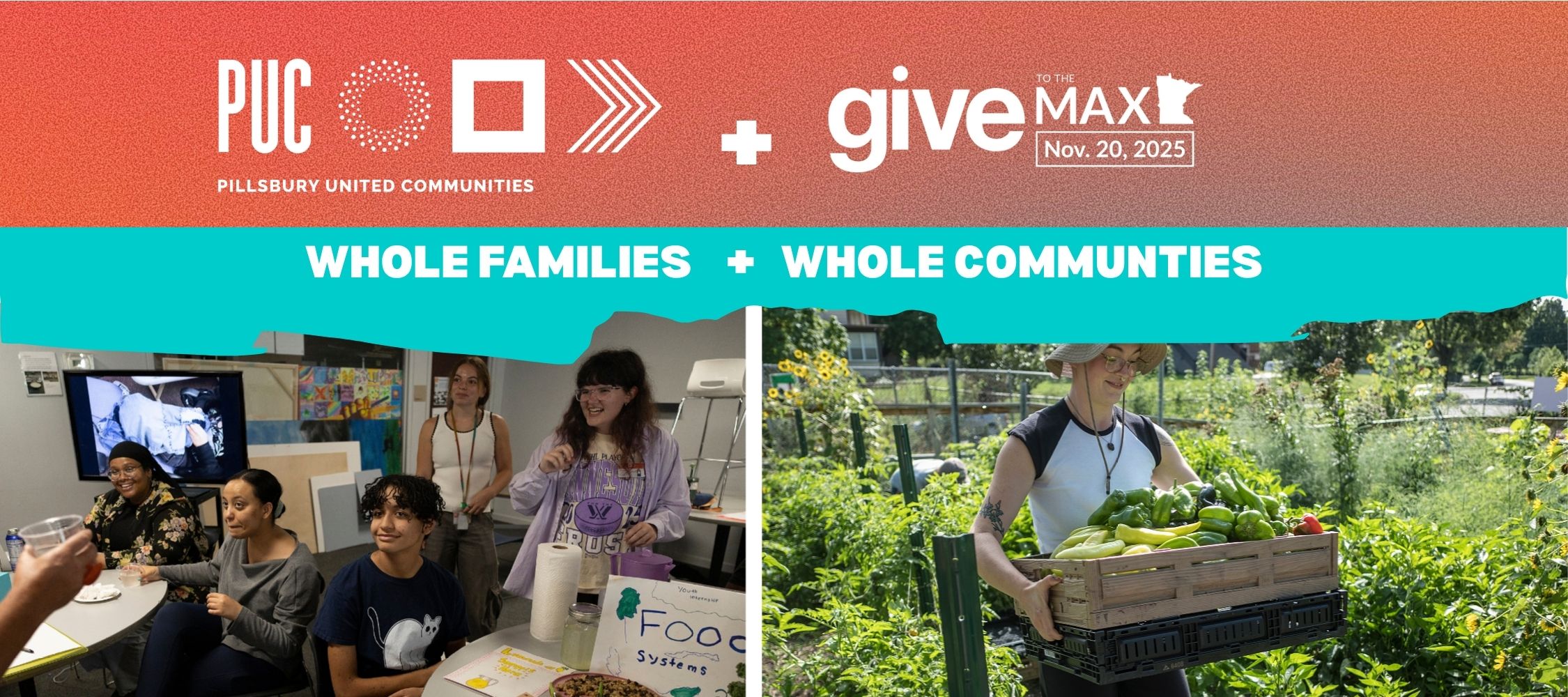
Powering People. Strengthening Place. Building a More Equitable Minneapolis.
At Pillsbury United Communities, we are creating a city where every person has the opportunity to thrive. Through a powerful network of neighborhood centers and social enterprises, we work alongside individuals and families to build pathways toward prosperity, equity, and community well-being.
Every day, our mission comes to life in ways both big and small — from a hot meal shared in fellowship, to a youth discovering their voice, to neighbors uniting for systemic change.
Why Your Gift Matters
Your donation fuels programs that meet urgent needs today while building long-term solutions for tomorrow.
- $100 provides fresh groceries or a week of hot meals for a family.
- $300 supports youth internships that prepare the next generation of leaders.
- $1,000 sustains neighborhood-based arts, education, and employment programs that empower whole communities.
Together, we’re building a Minneapolis where everyone—regardless of zip code—can live with dignity, opportunity, and hope.
Our Community Centers: Roots of Connection and Opportunity
Across our four neighborhood hubs, tens of thousands of people each year access food, education, health, and employment resources that strengthen families and communities:
- Brian Coyle Center in the Cedar Riverside neighborhood, learn more: https://pillsburyunited.org/site/brian-coyle/
- Oak Park Center in North Minneapolis, learn more: https://pillsburyunited.org/site/oak-park/
- Pillsbury House in Powderhorn neighborhood, learn more: https://pillsburyunited.org/site/pillsbury-house/
- Waite House in the Phillips community, learn more: https://pillsburyunited.org/site/waite-house/
Social Enterprises Creating Lasting Impact
Your generosity also supports our innovative social ventures that expand opportunity across Minneapolis:
Full Cycle bike shop offering internships for homeless youth, learn more: https://fullcyclebikeshop.org/
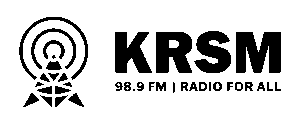
KRSM radio station elevating conversations and cultures over the airwaves in six languages, learn more: https://krsmradio.org/
North News delivering original reporting from the Northside perspective and providing journalism opportunities for youth, learn more: https://mynorthnews.org/
Pillsbury House Theatre presenting thought-provoking performances that lead to understanding and positive change, learn more: https://pillsburyhouseandtheatre.org/
Sisterhood Boutique providing personal and professional skills-building opportunities for young women, learn more: https://sisterhoodmn.org/

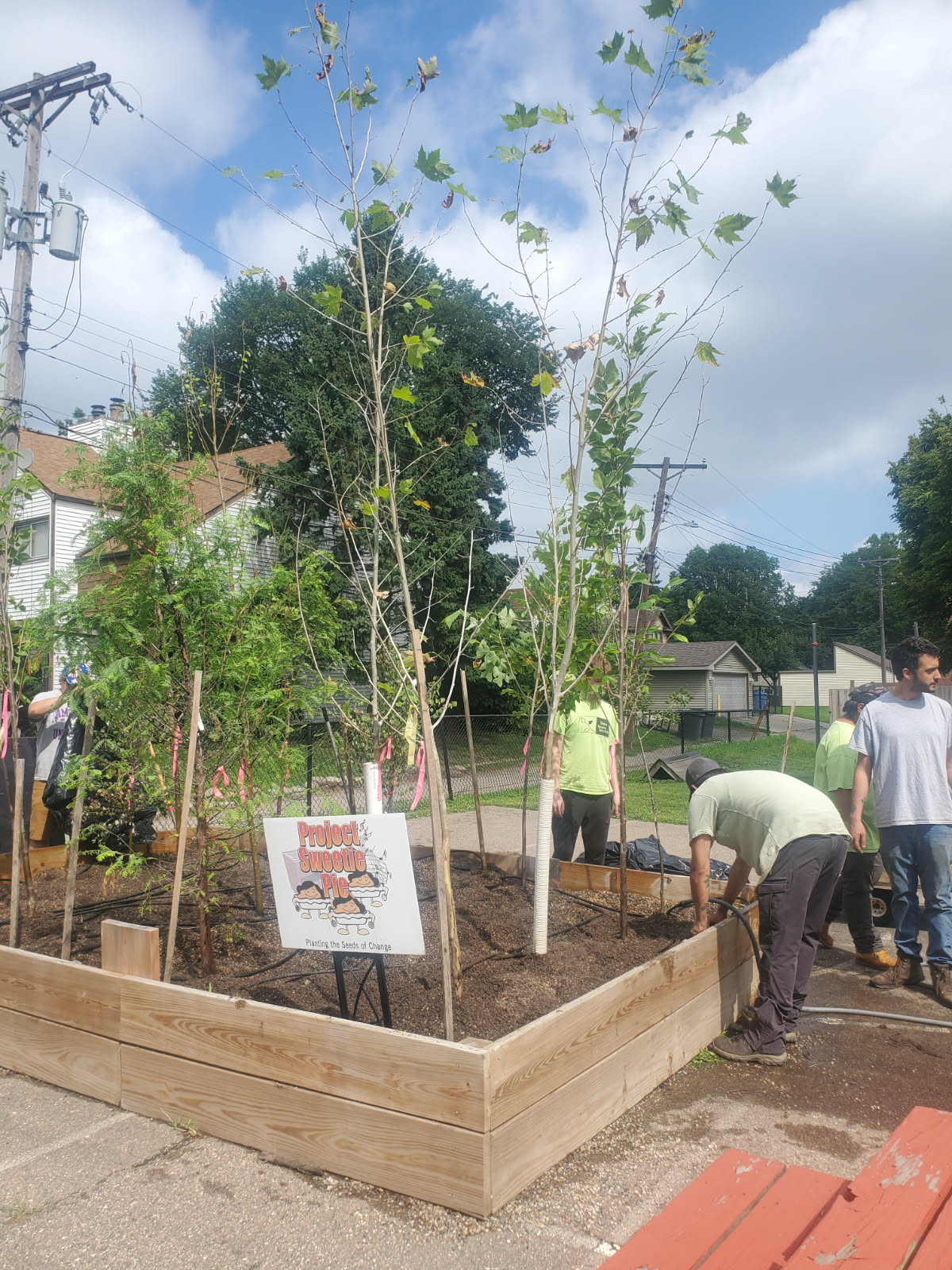
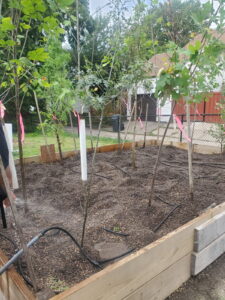
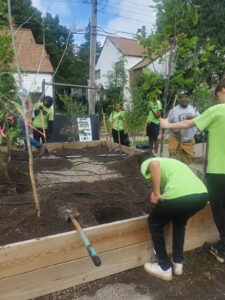
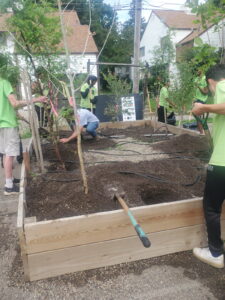
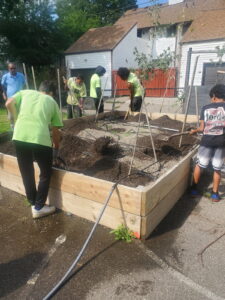
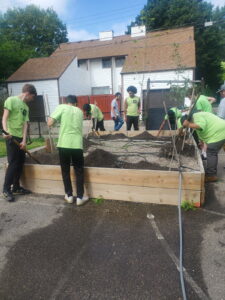
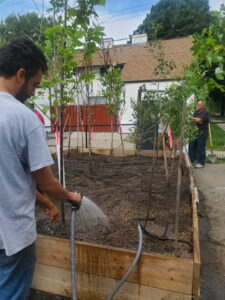
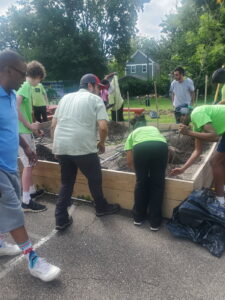
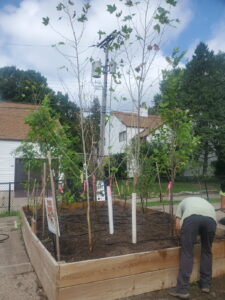
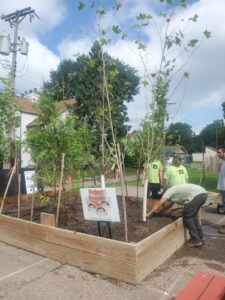
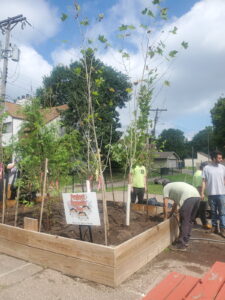
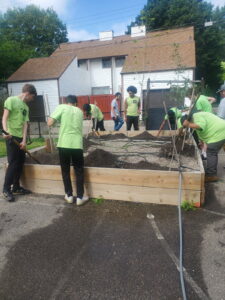
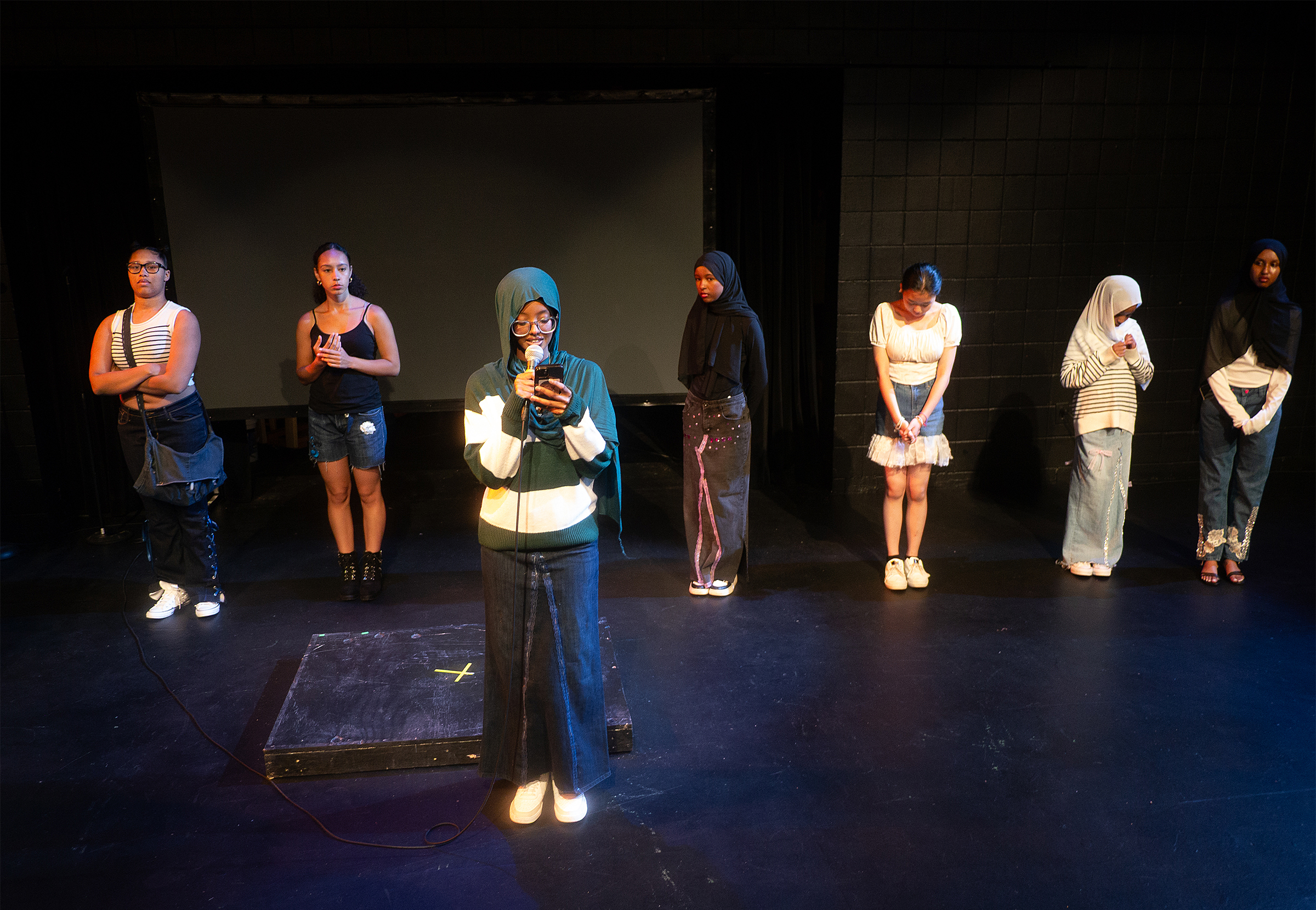
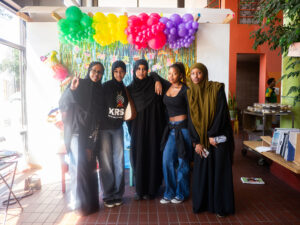
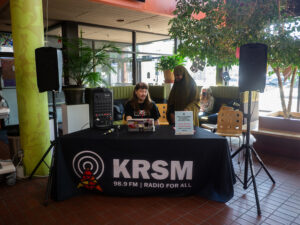
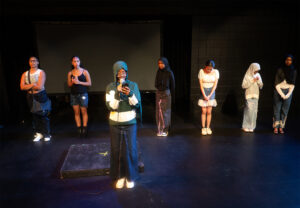
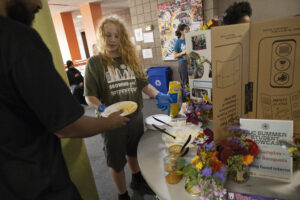
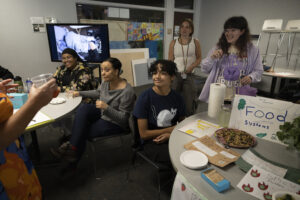
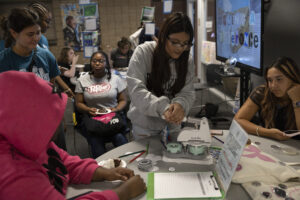
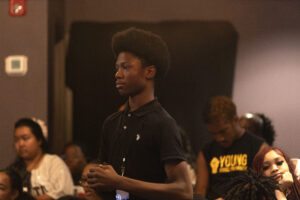
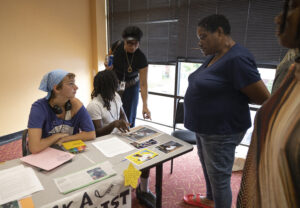
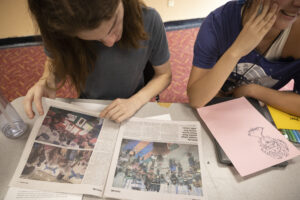
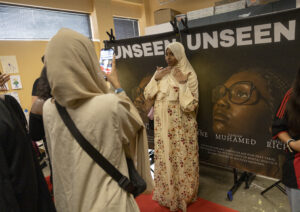
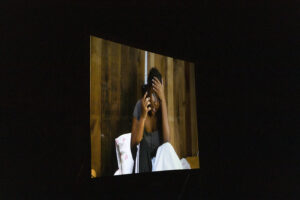
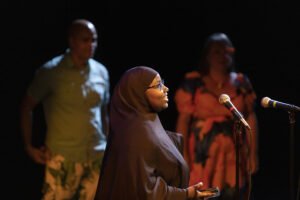
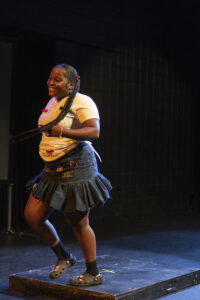
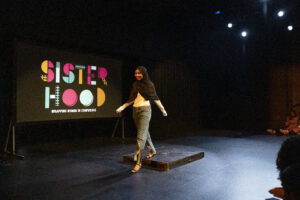
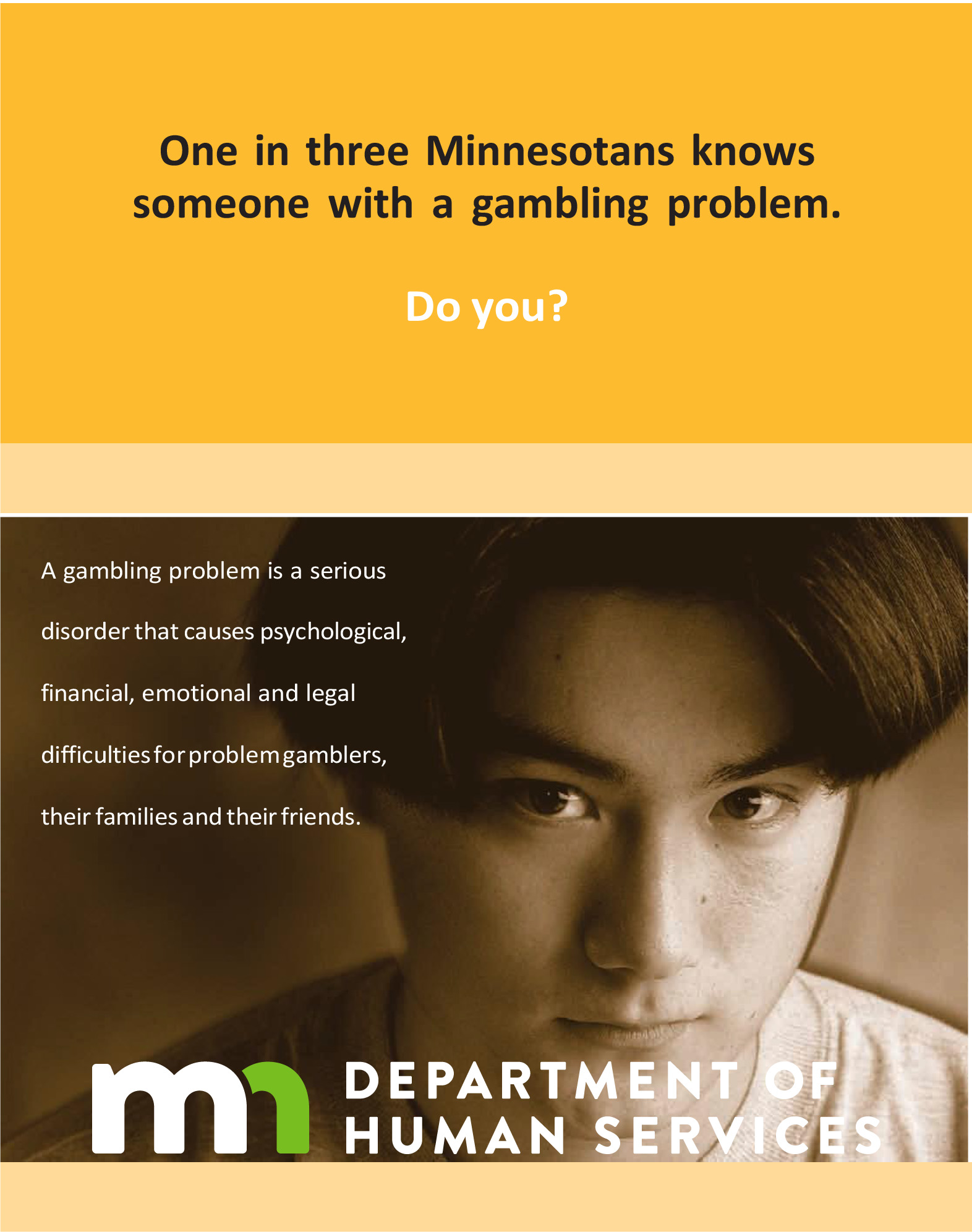
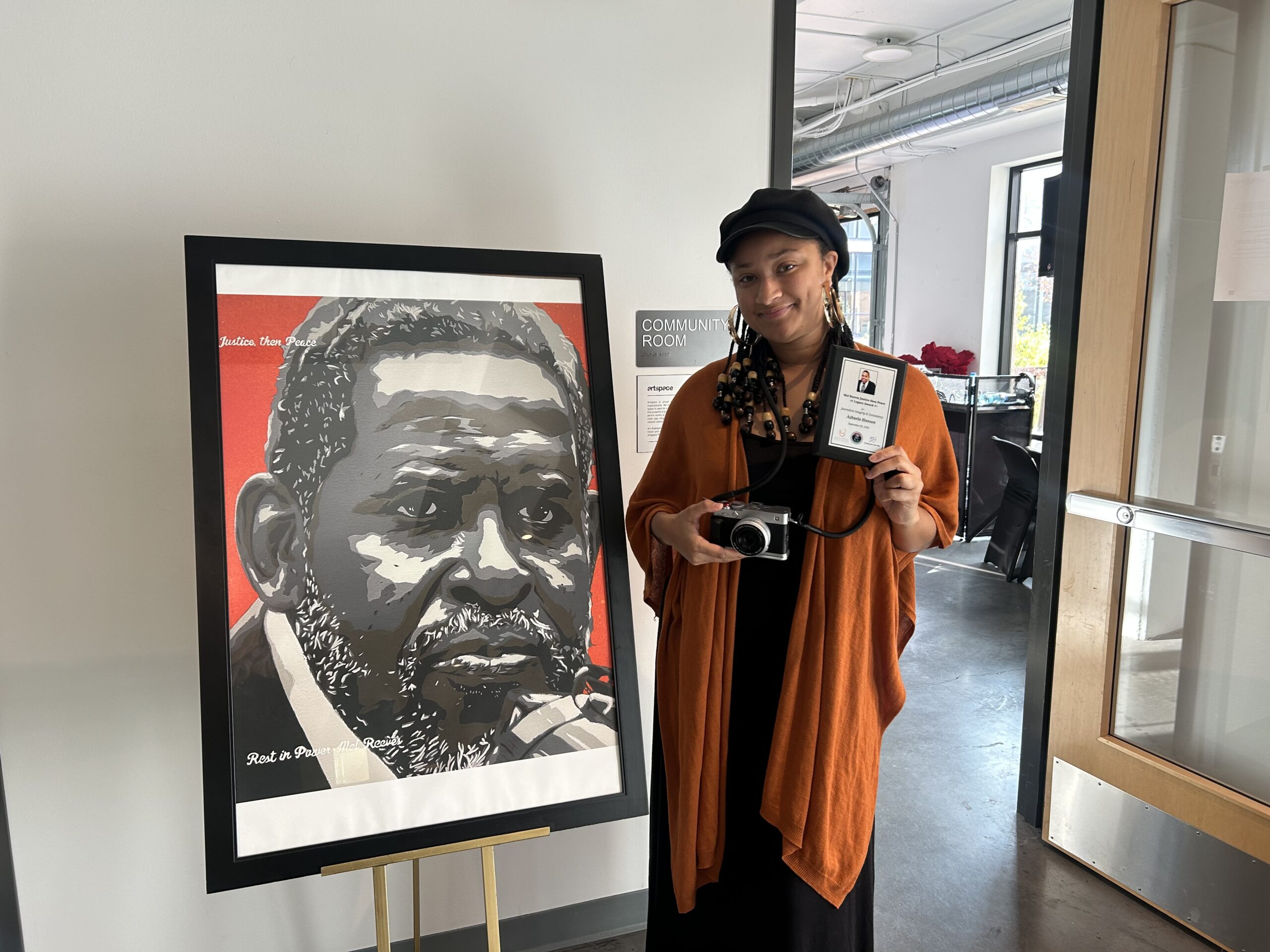
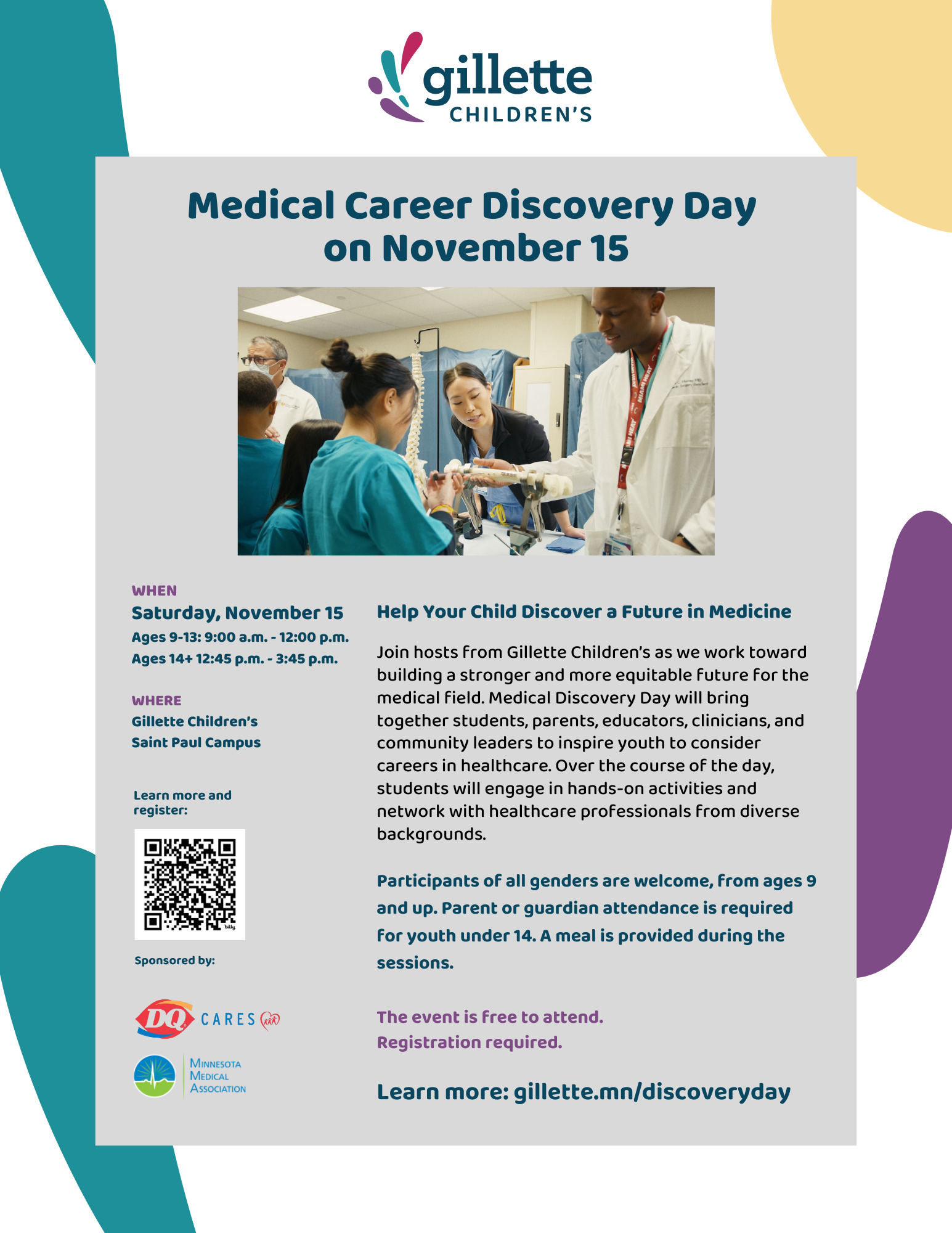

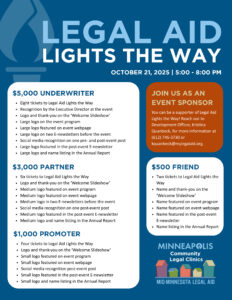


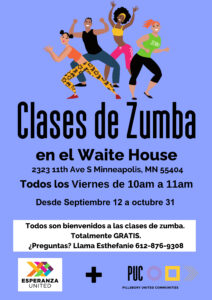 Zumba Classes at Pillsbury United Waite House Center | 2323 11th Ave S Minneapolis, MN 55404
Zumba Classes at Pillsbury United Waite House Center | 2323 11th Ave S Minneapolis, MN 55404